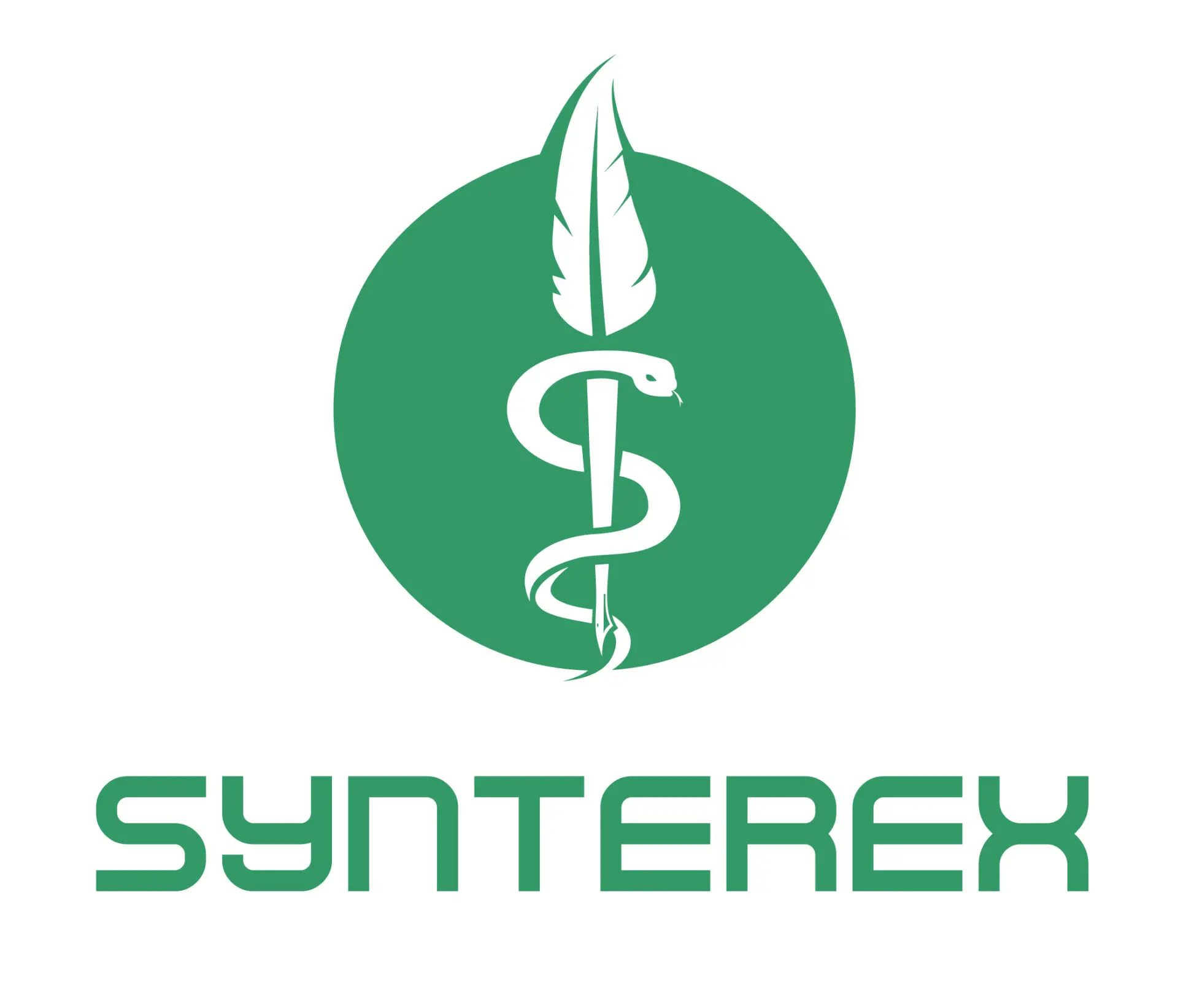Imagine playing a game of telephone, but instead of kids passing along a funny phrase, it’s sales representatives trying to explain to programmers what medical writers need in an AI tool. The result? A tool that’s technically functional but misses the mark on what users actually need. In this scenario, the burden of making the tool work properly falls squarely on the shoulders of the end user—medical writers—who are left wrestling with software that feels more like a hurdle than a help.
This is why involving subject matter experts (SMEs) in the creation of AI tools for medical writing is not just important—it’s essential.
The Disconnect: What Happens Without SMEs?
When tools are designed without direct input from medical writing professionals, misunderstandings can snowball:
- Misaligned Priorities: Programmers focus on what they think is important—flashy features or technical efficiency—while ignoring the specific workflow challenges of medical writers.
- Extra Steps for Users: Without deep knowledge of regulatory standards and writing best practices, tools often require users to adjust their processes to fit the software instead of the other way around.
- Lost Productivity: Medical writers spend more time troubleshooting or customizing the tool than actually writing, undermining the tool’s purpose of improving efficiency.
A Better Model: SMEs at the Helm
When subject matter experts—like seasoned medical writers—are involved from the start, the result is a tool that works seamlessly because it’s designed with real-world application in mind. SMEs bring:
- Deep Industry Knowledge: They understand the nuances of clinical and regulatory writing, from formatting requirements to audience expectations.
- Clear Priorities: SMEs ensure the tool focuses on solving actual pain points, like streamlining reviews or ensuring health literacy compliance.
- Future-Proofing: With a clear understanding of evolving industry trends, SMEs can help design tools that stay relevant as regulations and needs change.
The Game of Telephone: A Cautionary Metaphor
Without SMEs, designing a medical writing tool can feel like a game of telephone:
- Medical writers explain their needs to a sales team.
- The sales team translates those needs for product designers.
- Designers interpret the input and pass it to programmers.
By the time the tool is built, the original message is diluted, misinterpreted, or lost entirely. Who pays the price for this? The user, who now has to bridge the gap between what they need and what the tool delivers.
Why AgileWriter™ Is Different
At Synterex, we took a different approach with AgileWriter. Developed by leaders in medical writing, shaped by the needs of medical writers, AgileWriter was built with the expertise of people who know the field inside and out. This means:
- Less Guesswork: The tool already understands the demands of clinical documentation.
- More Usability: It integrates seamlessly into your workflow, instead of adding unnecessary complexity.
- Real Results: AgileWriter doesn’t just help you write—it helps you write better, faster.
Final Thoughts
The right tool should lighten your load, not add to it. By ensuring subject matter experts are part of the design process, AI-enabled tools for medical writing can meet the real needs of users and deliver the outcomes they promise.
Don’t settle for a game of telephone. Choose a tool created by experts who truly understand your work. Learn more about AgileWriter and how it can transform your clinical documentation process: https://synterex.com/agilewriter/
